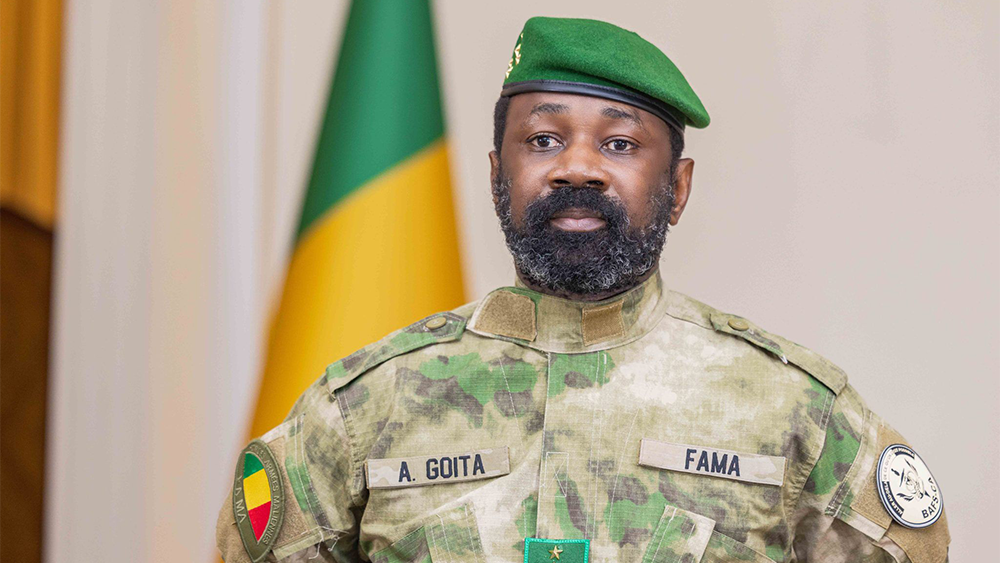BAMAKO, Mali (BN24) — Mali’s military-led government has approved a bill that would extend the rule of junta leader Gen. Assimi Goita for an additional five years, a move that further entrenches the power of the man who seized control of the West African country through back-to-back coups in 2020 and 2021.

The decision, announced Wednesday by Mali’s Council of Ministers, paves the way for a major revision of the Transition Charter, allowing Goita to begin a five-year renewable mandate starting in 2025. The bill reflects recommendations made during April’s national dialogue consultations, a government-organized event boycotted by political parties and opposition leaders.
The legislation now heads to the National Transitional Council, Mali’s de facto legislature under the current military government, for ratification.
The controversial extension follows a string of authoritarian moves by the junta, including Goita’s May decree dissolving all political parties, which came amid increasing resistance to military rule. The crackdown coincided with a wave of kidnappings targeting democracy activists in Bamako, the capital, and shortly after hundreds demonstrated against the regime.
Human rights advocates say the dissolution of political parties has stripped the country of any institutional political opposition, compounding fears of a slide into long-term military autocracy.
Goita had initially vowed to return Mali to civilian rule by March 2024, but that promise remains unfulfilled. Elections were postponed indefinitely, and the junta has not announced a new date for the presidential vote.
The government’s new bill marks a clear departure from its previous commitments to democratic governance, further alienating international partners and West African neighbors who have pressed for a return to constitutional order.
Mali, a landlocked Sahel nation, continues to face a dire security crisis. Jihadi insurgencies linked to al-Qaida and the Islamic State group have deepened instability, particularly in rural areas. Since Goita’s initial takeover, the military government has severed ties with traditional Western allies and increased cooperation with Russia, including hiring the controversial Wagner Group mercenaries.
Political analysts warn that extending Goita’s mandate without broad-based political support or electoral legitimacy risks exacerbating the country’s internal tensions and deepening its international isolation.



